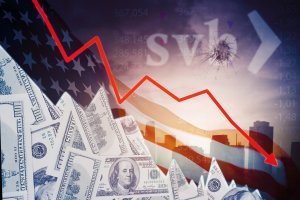We reveal a novel channel through which market participants’ sentiment influences how they forecast stock returns: their optimism (pessimism) affects the weights they assign to fundamentals. Our analysis yields four main findings. First, if good (bad) “news” about dividends and interest rates coincides with participants’ optimism (pessimism), the news about these fundamentals has a significant effect on participants’ forecasts of future returns and has the expected signs (positive for dividends and negative for interest rates). Second, in models without interactions, or when market sentiment is neutral or conflicts with news about dividends and/or interest rates, this news often does not have a significant effect on ex ante or ex post returns. Third, market sentiment is largely unrelated to the state of economic activity, indicating that it is driven by non-fundamental considerations. Moreover, market sentiment influences stock returns highly irregularly, in terms of both timing and magnitude. This finding supports recent theoretical approaches recognizing that economists and market participants alike face Knightian uncertainty about the correct model driving stock returns.
Working Paper
Working Paper Series By
Download- Wp 115 Frydman Et Al Mkt Sentiment (pdf, 608.24 KB)
- C5 Econometric Modeling
- C58 Financial Econometrics
- G1 General Financial Markets
- G12 Asset Pricing • Trading Volume • Bond Interest Rates
- G14 Information and Market Efficiency • Event Studies • Insider Trading
- G4 Behavioral Finance
- G41 Role and Effects of Psychological, Emotional, Social, and Cognitive Factors on Decision Making in Financial Markets




